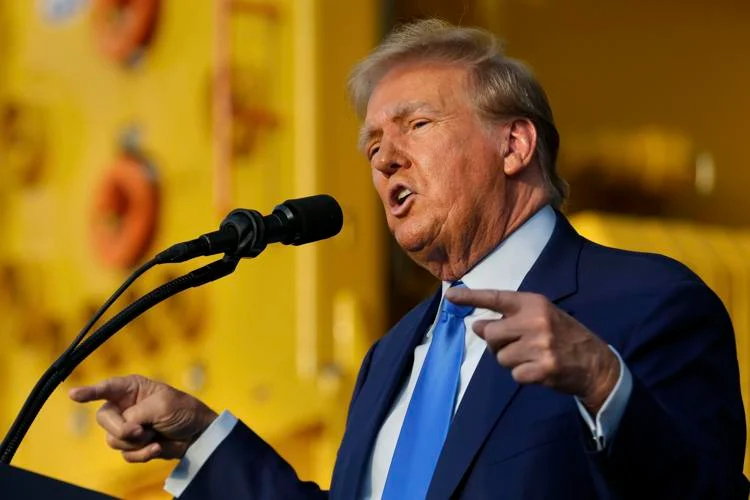the latest developments in Donald Trump’s legal battle as the Supreme Court’s decision not to expedite a ruling on his potential prosecution for election-subversion charges raises questions about the former president’s delay strategy. Legal experts weigh in on the possible implications for Trump’s trial timeline and its impact on his White House campaign in 2024. Dive into the complexities of the case, from claims of immunity to the potential consequences of a prolonged legal battle. Stay informed on this unfolding legal saga that could significantly shape Trump’s political future.
Donald Trump’s legal battle
In a recent twist of legal proceedings, the Supreme Court’s decision to withhold an expedited ruling on whether Donald Trump can face prosecution for election-subversion charges may play into the former president’s strategy to delay his trial. While this tactic could potentially buy Trump more time, legal experts caution that it might be a double-edged sword, possibly impacting the timing of his White House campaign in the upcoming year.
The Supreme Court’s decision, delivered without detailed explanations, denied special counsel Jack Smith’s plea for a swift ruling on Trump’s immunity from prosecution. This setback is perceived as a significant blow to Smith’s case against the ex-president, though the exact implications for the trial’s timeline remain uncertain.
The indictment against Trump, accusing him of conspiring to overturn the 2020 election results leading to the Capitol riot on January 6, 2021, has been a focal point of legal battles. With the Supreme Court deferring the decision, the case will now proceed to the US Court of Appeals for the DC Circuit, potentially causing further delays.

Despite Trump’s legal team asserting immunity due to his official capacity during the Capitol riot, the appeals process could extend beyond the scheduled trial start date of March 4. Former federal prosecutor Gene Rossi views this development as a setback for special counsel Jack Smith, emphasizing that Trump might not face the trial’s scrutiny for several more months.
Rossi adds that Judge Tanya Chutkan, overseeing the case, is likely to want the trial to proceed expeditiously despite the ongoing appeals. However, the delay strategy employed by Trump could push the trial into late July or early August, coinciding with the Republican National Convention. Rossi underscores the potential negative impact on Trump’s campaign, stating, “The worst thing [for Mr. Trump] would be to have a jury consider whether he’s basically an insurrectionist at that time. That’s not good for your campaign. He’s delaying the inevitable.”
Another legal expert, Case Western Reserve University Professor Kevin McMunigal, suggests that while the Supreme Court’s decision is not surprising, its impact on the trial’s timeline remains uncertain. Gregory Wallance, a former federal prosecutor, acknowledges the current win for Trump but highlights the unpredictability of the situation, particularly concerning whether the appeal could delay the trial past the 2024 election.
The Supreme Court’s choice not to fast-track the case follows a “typical pattern” in legal proceedings, according to Professor McMunigal. However, legal history demonstrates instances of expedited processes, such as the Watergate tapes case in 1974. Law professor Carl Tobias notes that Trump’s delay strategy seems to be effective, complicating efforts to commence the trial promptly.
As arguments are set to be heard in the DC Circuit Court on January 9, the legal saga unfolds amidst Trump’s dual challenges of election subversion and other criminal cases. The outcome remains uncertain, leaving observers to ponder whether Trump’s legal maneuvers are a strategic delay or a winning move in the intricate game of justice.
